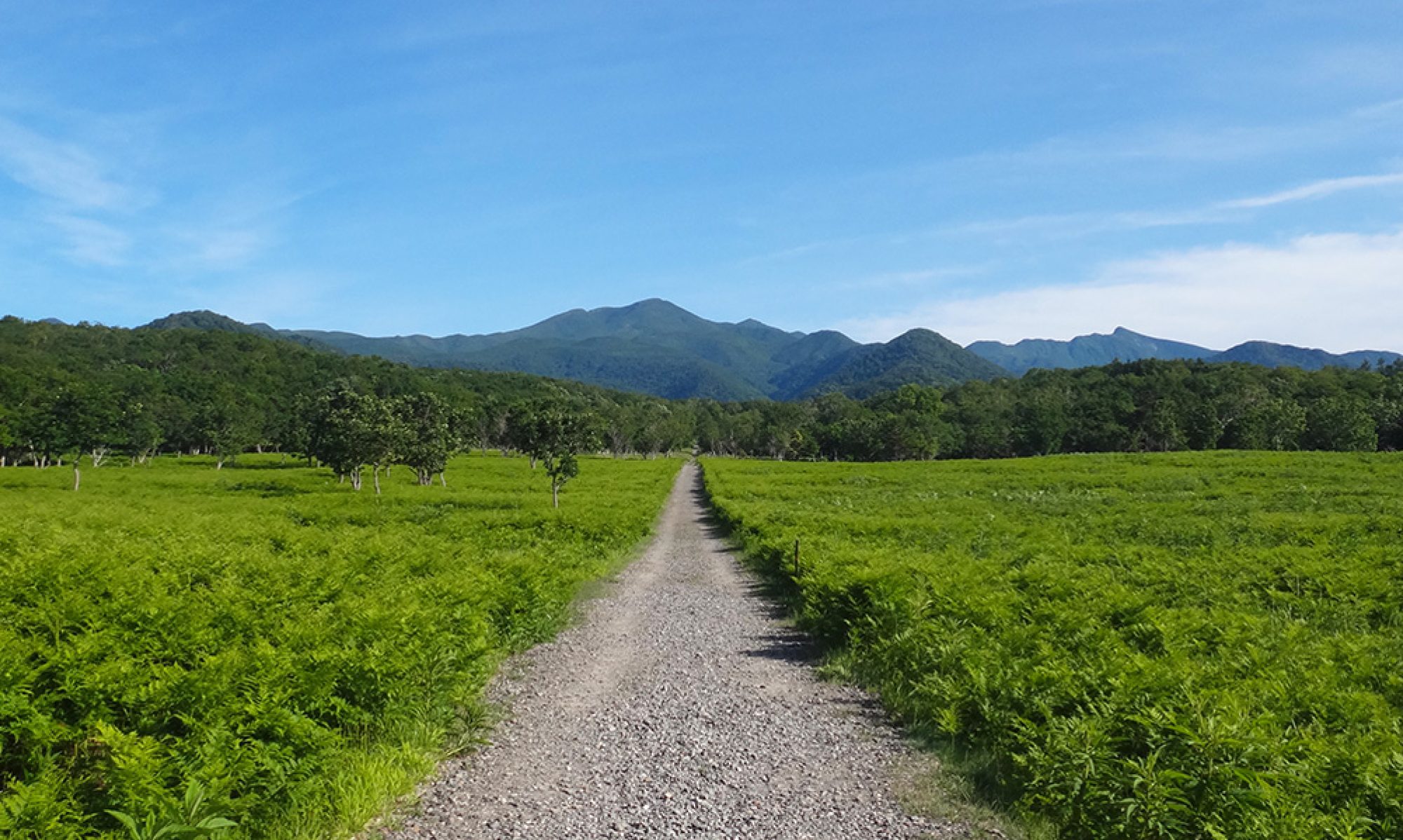The Apostle Paul encouraged us to grow in our faith by allowing our faith to be tested. We read about this testing process in Romans 5 verses 1 – 5. Like most things in life we can only know how genuine they are when we use them. ‘Our righteousness in Christ has been made possible through faith in His promises. Because of our faith in God’s promises he has brought us into a place of highest privilege, where we now stand, and we confidently and joyfully look forward to actually becoming all that God has in mind for us to be. Place your faith and trust in Christ each time you face a test or trial and you will grow in faith.’
The exercise and practice of our faith pleases God. Sometimes we express the seriousness of our faith by fasting, or separating ourselves from worldly things for a period of time to seek the presence of God in our lives in a deeper way. Some people even find their faith strengthened by going to the Holy Land, Turkey, Greece and Rome and visiting the sites where Jesus walked and the early Apostles lived, preached and started churches. Seeing the evidence that these stories in the Bible are true strengthens people’s faith.
Muslims who can afford it are required to make at least one pilgrimage to Mecca in a lifetime. Muhammed purified the Kaaba, a cube like object in the centre of the Grand Mosque in Mecca. The Kaaba had contained the Meccan’s three hundred and fifty four idols, one for every day of the year. Pilgrims celebrate the victory of Muhammed over idolatry by walking around the Kaaba. They are also encouraged to visit the spring at Zamzam, where Hagar was protected with Ishmael, and throw stones at the wall of Iblis to purify their sins. Many Muslims testify to a stronger faith after making this pilgrimage because they did so with millions of other pilgrims from many nations from around the world. This pilgrimage gives Muslims a sense of solidarity with the global brotherhood of Islâm. Muslims who complete the Hajj are called Haji and they usually wear a white cap to signify their success in completing a pilgrimage.
